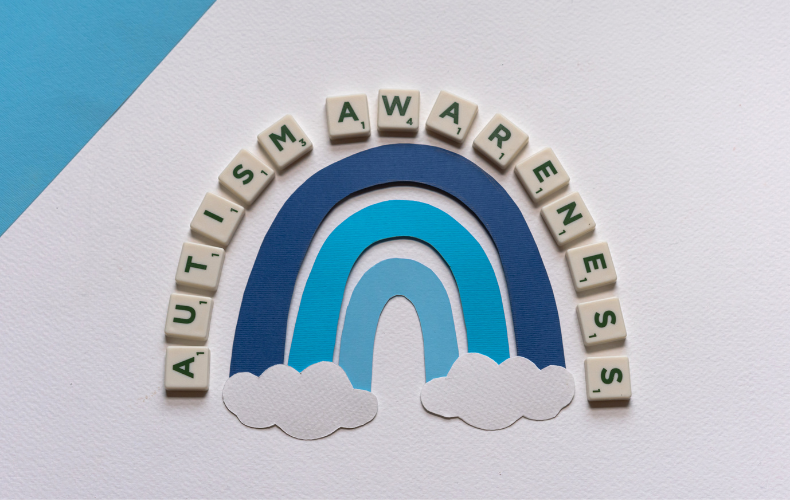
Autism refers to a range of disorders that can be identified by difficulties with social skills repetitive behaviors and communication both via speech and non-verbally.
Research and studies have been able to provide a better understanding of autism over the years, showing that there are many different types of autism caused by a variety of combinations both genetically and environmentally. This World Autism Month let’s discuss the basic facts about Autism.
10 Basic Facts about Autism
While many individuals can lead a normal and fulfilling lives, others may find that their autism affects them more severely which means that no two cases of autism are ever the same. In order to better understand what autism is, here are 10 things you should know.
- Identifying autism in your child at an early age can help to improve the outcome. The most obvious signs tend to appear between the ages of two and three but can be noticed as early as 18 months. Many autism charities will encourage parents to seek medical evaluation without delay if your child exhibits any of the tell-tale signs.
- 1 in 68 children (in the USA) are diagnosed with autism. With such a high number of diagnoses, there is a great amount of research being conducted into the causes and treatments for autism.
- Some people believe that childhood vaccinations can cause autism and will therefore prevent their child from receiving these life-saving vaccines. Extensive research throughout the last two decades has shown that there is no discernible link between autism and vaccinations, or the ingredients used.
- Those who have autism can also suffer from other medical conditions such as asthma, epilepsy, obesity, sleeping disorders and persistent viral infections, among many other issues.
- Although autism is often seen as a disability and cause intellectual disabilities, around 44% of those diagnosed with autism have a higher-than-average intellect.
- While there is no cure for autism yet, early diagnosis and intervention can help improve behaviours and preserve brain function to help limit the impact this has in later life.
- Some children who are diagnosed with autism are still unable to engage in verbal communication by the age of four, however, research shows that most children with autism will learn to use words and almost half will speak fluently.
- Autism is generally considered to be a lifelong affliction, however, some children are able to make such good progress that they are no longer clinically considered as autism patients. This shows that early intervention is even more vital.
- Those who are diagnosed with autism have the same life expectancy as those without. However, the mortality risk is twice of the general population due to an increase in accidents.
- Taking folic acid while pregnant can help reduce the risk of autism.
Cord Blood Stem Cells for Autism
Cord blood stem cells are currently being used in clinical trials to treat autism. At Cells4Life, we have released cord blood samples for autism at the Duke University Hospital, USA. Saving your baby’s cord blood at birth is your once-in-a-lifetime opportunity to preserve the most powerful stem cells they will ever have. These stem cells are currently being used to treat more than 85 medical conditions and are a subject of many on-going clinical trials.
Want to learn more about how to preserve your baby’s cord blood at birth? Speak to one of our representatives now at +97143116613 or download a FREE Info Pack here
Resources:
https://www.autismspeaks.org/what-autism
http://magellanhealthinsights.com/2017/04/03/10-things-to-know-about-autism-spectrum-disorder-asd/
https://www.autismspeaks.org/science/science-news/ten-important-things-we-know-about-autism-today-%E2%80%93-we-didn%E2%80%99t-know-year-ago
https://www.autismspeaks.org/science/science-news/top-ten-lists/2012/early-intervention-program-brain-activity-children-autism
https://www.autismspeaks.org/science/science-news/study-confirms-%E2%80%9Coptimal-outcomes%E2%80%9D

